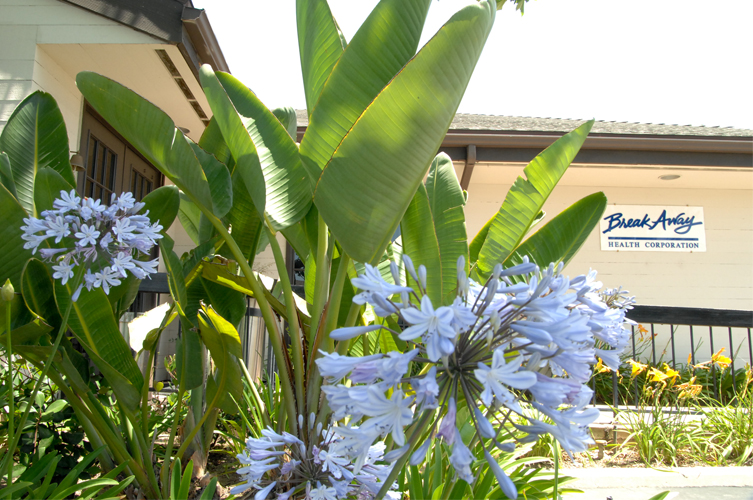 Learning coping skills for recovery from drugs or alcohol will help a person handle life’s everyday stresses and events. Coping with life’s ups and downs is critical for long-term recovery. Not learning or strengthening copings skill for recovery makes it far too easy to turn back to destructive substances to cope with life.
Learning coping skills for recovery from drugs or alcohol will help a person handle life’s everyday stresses and events. Coping with life’s ups and downs is critical for long-term recovery. Not learning or strengthening copings skill for recovery makes it far too easy to turn back to destructive substances to cope with life.
Six Coping Skills for Recovery
Here are several different coping skills for recovery, along with tips on how to develop each skill.
- Ask for Feedback: When it comes to identifying strong and weak coping skills for recovery, it can be hard to ask for and accept feedback from others. It’s hard for a person to look at himself objectively, so asking for feedback is an effective way to identify which positive coping skills one already has and which ones need to be learned or developed. Being open to others’ points of view and welcoming new information is a sign of emotional growth.
- Improve Basic Communication: Necessary coping skills for recovery include clear communication. Good communication with others involves listening, speaking and using body language. The most casual, everyday communications are opportunities to practice communication skills. Some simple ways to improve communication immediately include:
- Ask open-ended questions that keep the conversation flowing
- Avoid making judgments and conclusions too quickly
- Give the other person full attention
- Refrain from interrupting others while they are speaking
- Rephrase what the other person is saying
- Set up ground rules before starting a sensitive discussion
- Side-Step Cravings: It’s normal for cravings to occur during recovery. Cravings can be problematic for some people so coping skills for recovery must include learning to quickly side-step cravings so they do not lead to negative consequences. Here are some ways to improve on the skill of overcoming the impulses associated with cravings:
- Add healthy activities into everyday routines
- Identify and then avoid craving triggers
- Reach out to understanding family, friends, a counselor, a mentor or other supportive people until the craving dissolves
- Utilize positive self-talk and positive thinking to change negative thoughts
- Reduce Life Stress and Anxiety: Life is naturally stressful. When a person does not have good coping skills in recovery, life is even more stressful. Finding ways to reduce stress and subsequent anxiety is a great way to strengthen coping skills. Here are some ways to reduce stress:
- Avoid isolating by reaching out to members of one’s support system
- Build physical activity, meditation, relaxation and quiet time into daily routines
- Do not keep harmful secrets
- Engage in activities that do not involve drugs or alcohol
- Keep a balanced home, work and social life always paying attention to the body’s warning signals
- Let go of things that cannot be controlled. Focus on what can be controlled
- Set limits to avoid taking on too much
- Stay organized with daily schedules and financial matters
- Take action to overcome fears
- Minimize Temptations: Temptations are everywhere, especially if old habits are still in place in one’s daily life. Temptations are like magnets to use again if a person does not have good coping skills in recovery. Temptations must be removed quickly and addressed clearly. Here are some ways to do that:
- Find safe activities that can be put in place of risky activities
- Identify, avoid or remove self from risky people, places and things
- Make and rehearse a step-by-step plan or response for managing risky situations
- Make Wise Decisions: It’s not just the big decisions one makes that matters, small decisions matter too. Small decisions make up most of our day. They are steps along a path of recovery. Making good decisions is a process and requires practice. Consistently making wise decisions as one of the coping skills of recovery gets easier and easier as time goes on and confidence in oneself builds. Here are some ways to make wise decisions:
- Plan ahead
- Take advice from other people who make good decisions
- Think objectively
- Think through the consequences, both negative and positive
- Use common sense
Coping Skills Make the Difference
Without coping skills for recovery, sobriety is doomed. Making a list of the coping skills one already has, the skills that need to be developed and the skills that need to be acquired is a good start in acquiring the coping skills for recovery that lead to lasting sobriety. Taking steps to develop and acquire positive skills comes next. Being motivated and monitoring progress will lead to the ability to handle life’s stresses with more ease than ever before.
 Call Today! (800) 910-9299
Call Today! (800) 910-9299







Speak Your Mind
You must be logged in to post a comment.